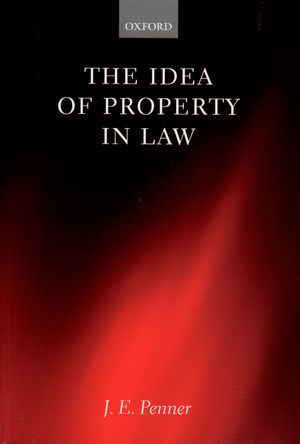
Of importance for both philosophers and legal theorists interested in the nature of property, this book vindicates the commonsense idea that the right to property is a right to things. Distinguishing between the 'practice' of property and the 'practice' of contract is essential for a proper understanding, but the failure to do so is common.
As the author shows, it mars both Locke's and Hegel's philosophies of property, and continues to contribute to confusion. It also obscures the central element of sharing and giving in the ownership of property, the important of which has been generally neglected. Perhaps most controversially, the author argues that the justification of the right to property is not dependent on the justice of the reigning distribution of property that is a question which concerns the justice of the economy gift, command, market, or mixed that distributes all values, not just rights in property.
The important 'distributional' question about property is this: to what values does the property practice apply? Why does it apply to castles and cars, books and bank balances, but not to our body parts and our labour, nor to our employment contracts and our sexuality?;
In answer the author develops a distinction between persons and our personality-rich relationships which cannot be objects of property, and 'things', both land and objects and personality-poor relationships like debts, which can.